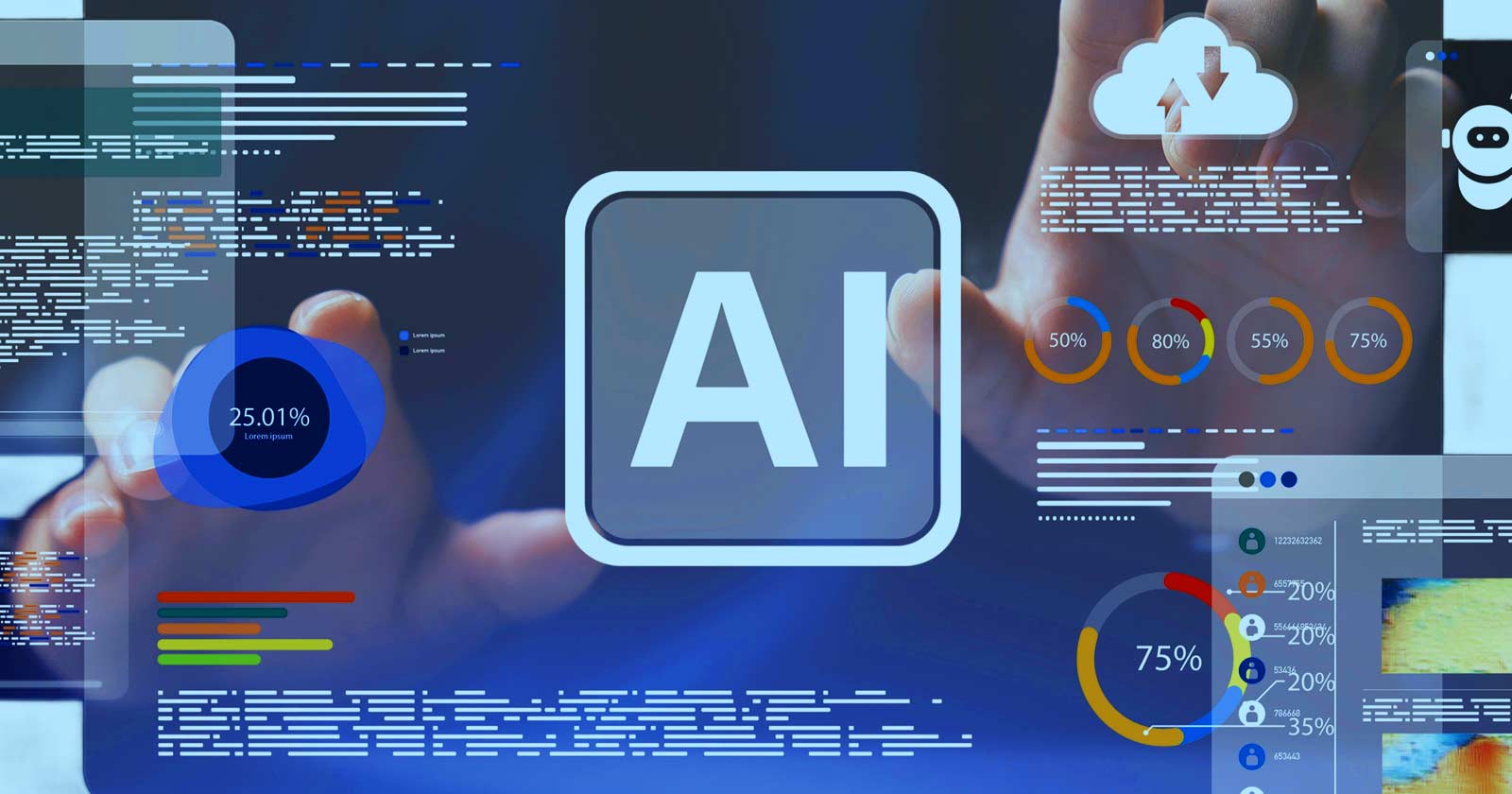Inside Silicon Valley's AI Conference - Swissnex in San Francisco
Curious about what it feels like to be at the heart of Silicon Valley’s AI cluster? The AI Conference is the place to experience it. Over two days, three tracks, 75+ speakers, and more than 2,000 attendees—engineers, researchers, VCs, startup founders, and, of course, some of our Swissnex team—came together to hear from some of the brightest minds in AI. Speakers like Mark Chen, VP of Research at OpenAI, Peter Norvig, Director of Research at Google, Joe Spisak, Product Director, Generative AI at Meta, and many more shared their insights on the future of AI.
The Future of Search
Neo4J, a leading graph database management system, suggests that integrating knowledge graphs into Retrieval-Augmented Generation (GraphRAG) can significantly enhance GenAI results by making them more accurate, explainable, and scalable. Knowledge graphs enable humans and machines to understand better and reason about data, improving the transparency of decision-making processes. Philip Rathle, Chief Technology Officer at Neo4J, highlighted this by tracing the evolution of web search—from early full-text search engines like Yahoo, AOL, and Netscape to Google’s game-changing PageRank algorithm in 1998 and the introduction of the knowledge graph in 2012.

Looking ahead, the combination of large language models (LLMs) with GraphRAG could drastically change how we search and interact with information. More generally speaking, with the rise of AI tools like ChatGPT, Gemini, and Perplexity used as search platforms, the very way people look for information online is shifting. This transformation will likely lead to new business models and strategies in the coming months and years.
Agents everywhere
Agents were the buzzword of the day. Whether it was multi-agent systems, agentic workflows, or frameworks—AI agents were everywhere. In fact, last July, MIT Technology Review published an article titled “What are AI agents? The next big thing is AI tools that can do more complex tasks." And they certainly seem to become just that. In simple terms, an AI agent is a system or program capable of autonomously performing tasks on behalf of a user or another system, as IBM puts it. One of the standout presentations was from CrewAI, a leading multi-agent platform. Their tools allow the creation of “crews” of AI agents—like social media analysts, content creators, chief content officers, and senior content writers—each utilizing different large language models (LLMs) customized to specific roles. Their biggest applications for agents so far include operational automation (42%), followed by marketing (12%), code development (9.8%), and research (8.7%). Google Cloud also highlighted its Vertex AI Agent Builder, a platform introduced earlier this year to help developers create and deploy AI agents.
Great opportunity for Startups
GitHub Copilot, a code completion and automation tool developed by GitHub and OpenAI (now owned by Microsoft), has significantly transformed software development. According to their recent data, 46% of new code is now generated by AI, with 96% of developers reporting increased speed when tackling repetitive tasks. In an engaging yet a little commercially-driven keynote, Annie Pearl, Corporate VP at Microsoft, shared their vision for AI-powered startups. She highlighted how Microsoft is driving the next wave of innovation through its Azure AI Studio—a platform where startups can test, build, and deploy AI solutions.

The conference happened to be a great place for our Swiss Startups to connect with the ecosystem and share their projects. Joel Kaiser, CIO of the Swiss startup AIDONIC, showcased the company’s vision during the pitch competition, securing second place. AIDONIC has been on an impressive winning streak, having also claimed victory at the Swissnex pitch night on September 17 and at the Peace, Justice & Inclusive Society Startup Competition held at the United Nations in New York shortly afterward.
The Changing Face of Work
After hearing all of this, we can’t help but wonder how these advancements will inevitably reshape the labor market, redefining not only the concept of work but also expertise itself. Throughout history, the nature of labor has evolved with each major technological leap, but this time feels different. If everyone can suddenly become an expert with the aid of AI, does that mean no one truly is? Lareina Yee, Chair of the McKinsey Technology Council, offered another thought-provoking insight in her talk, The New Relationship Between Machines and People.









